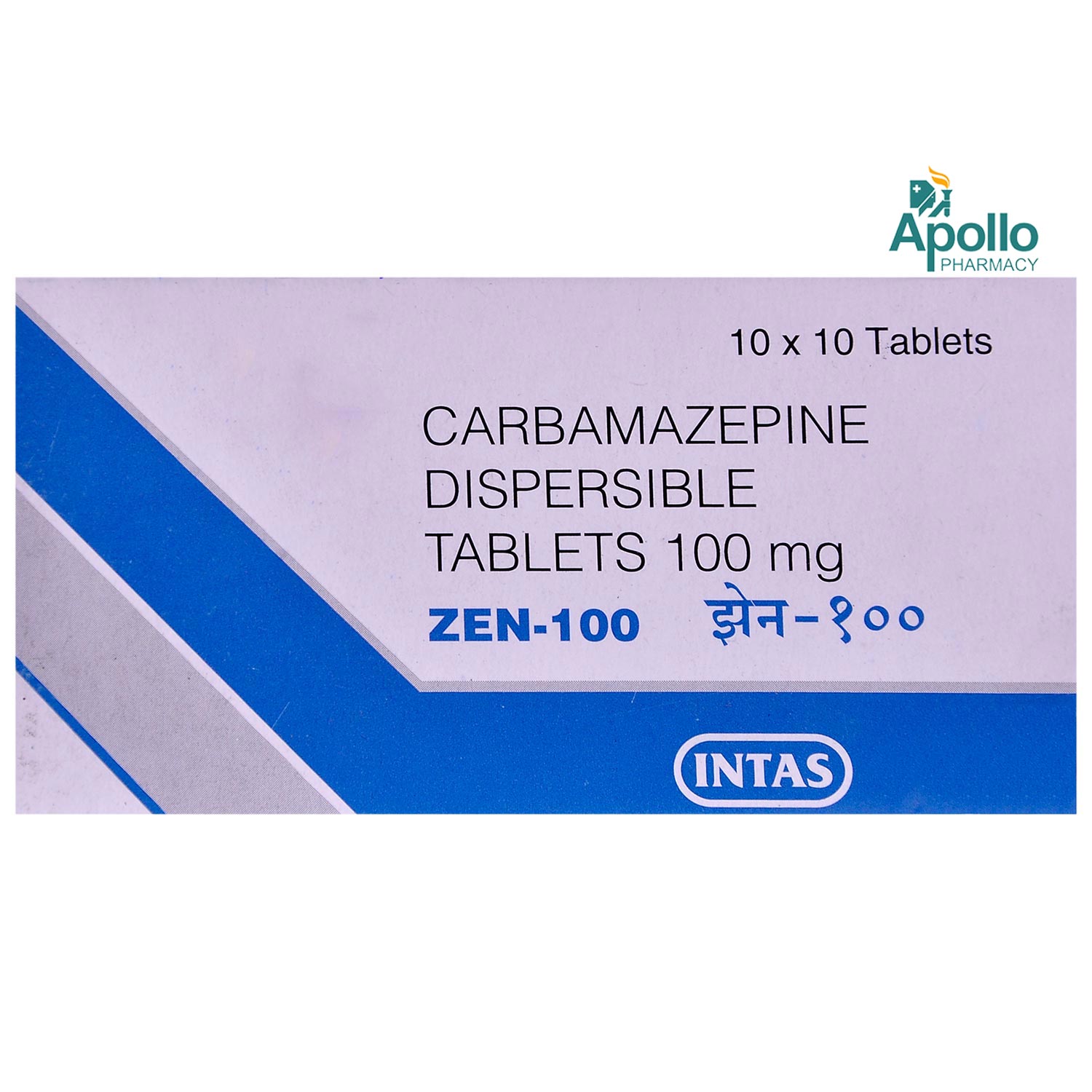MAZETOL 100MG TABLET
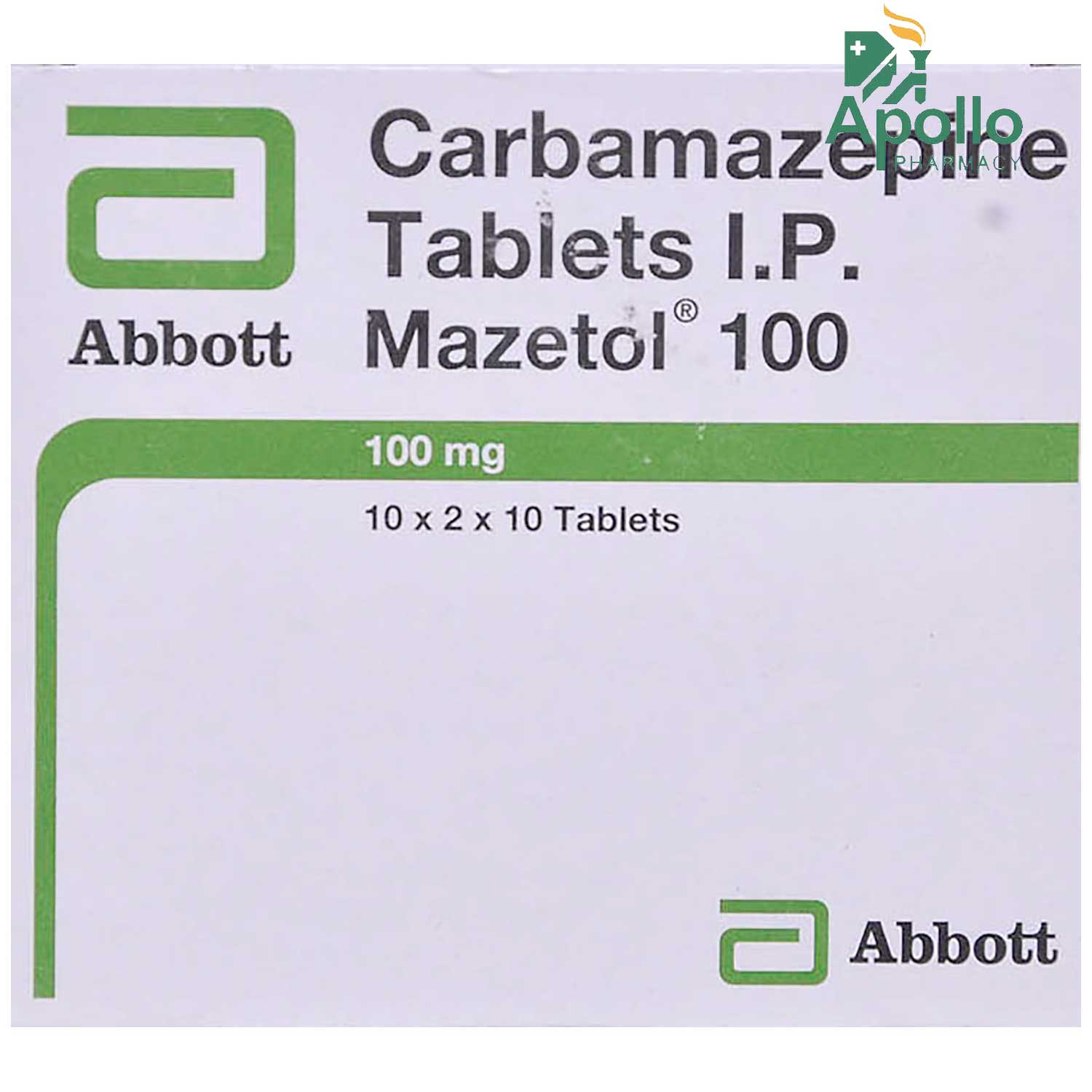
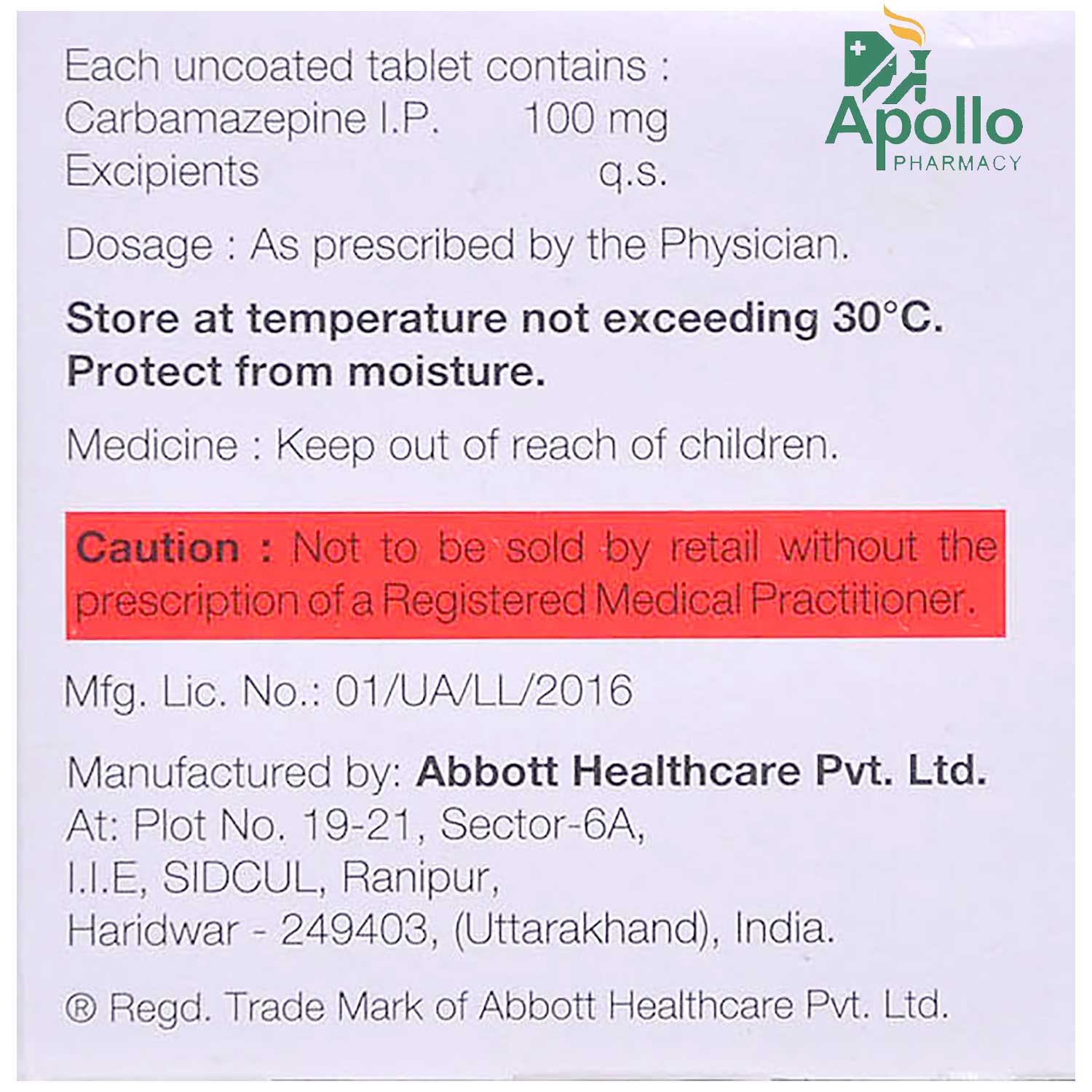
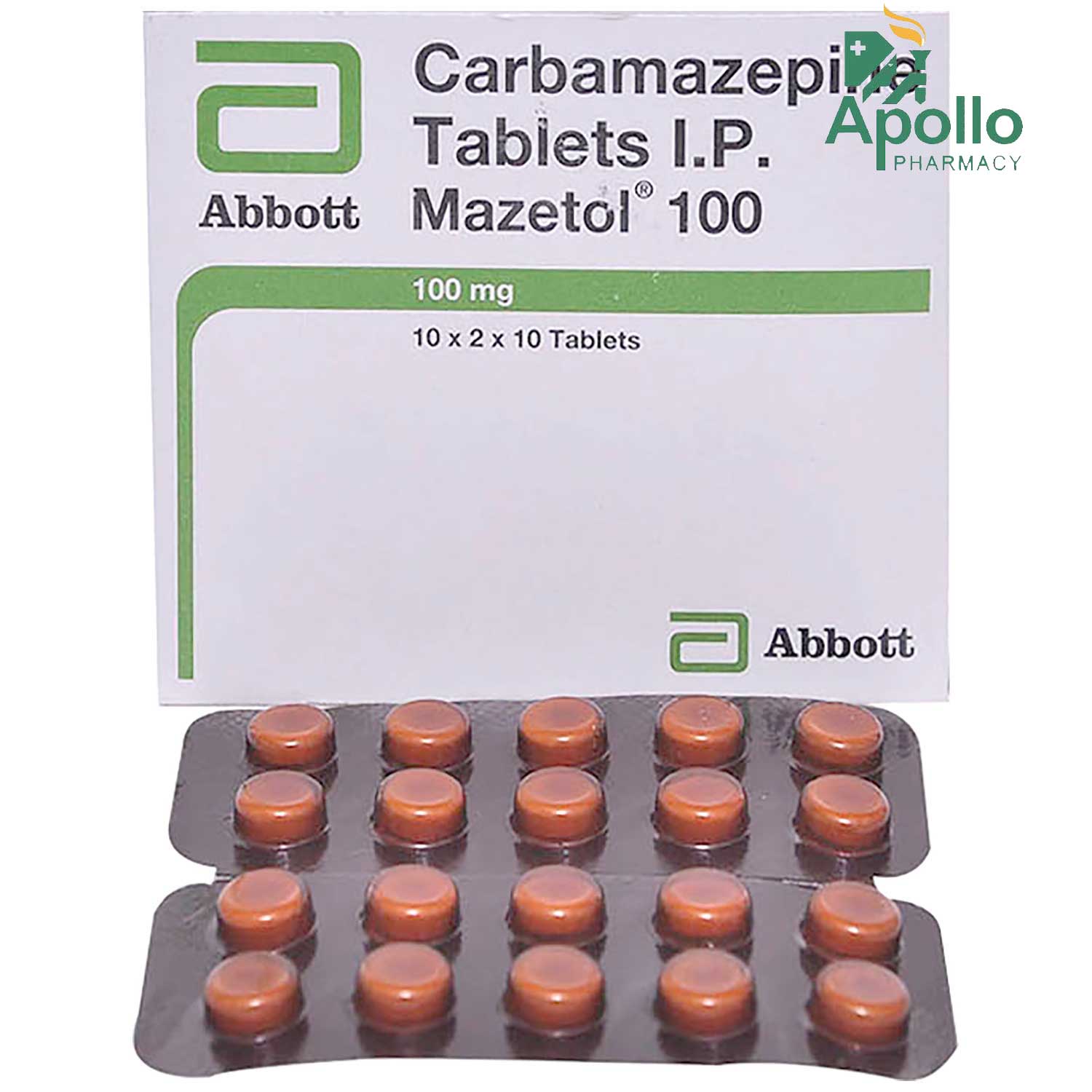
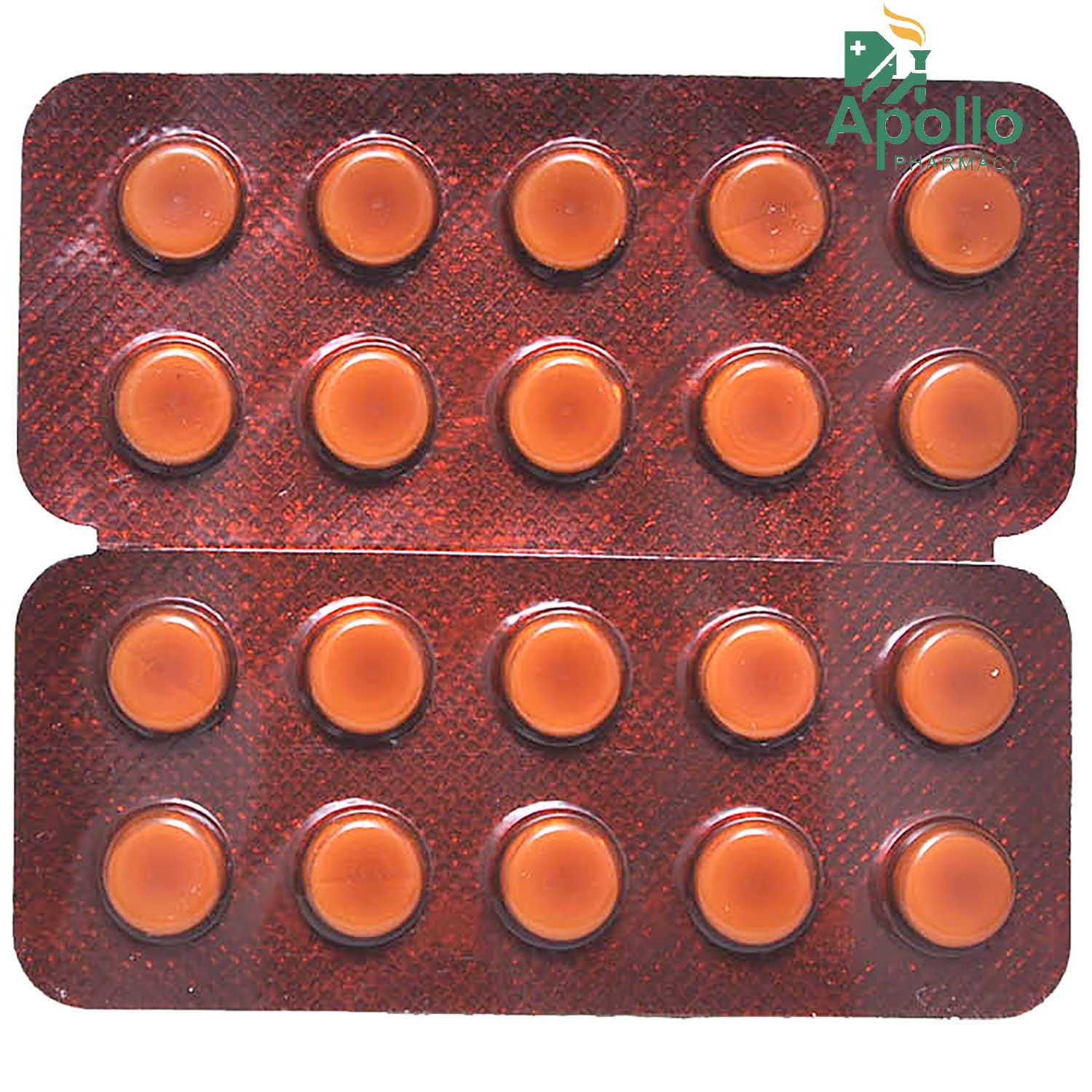
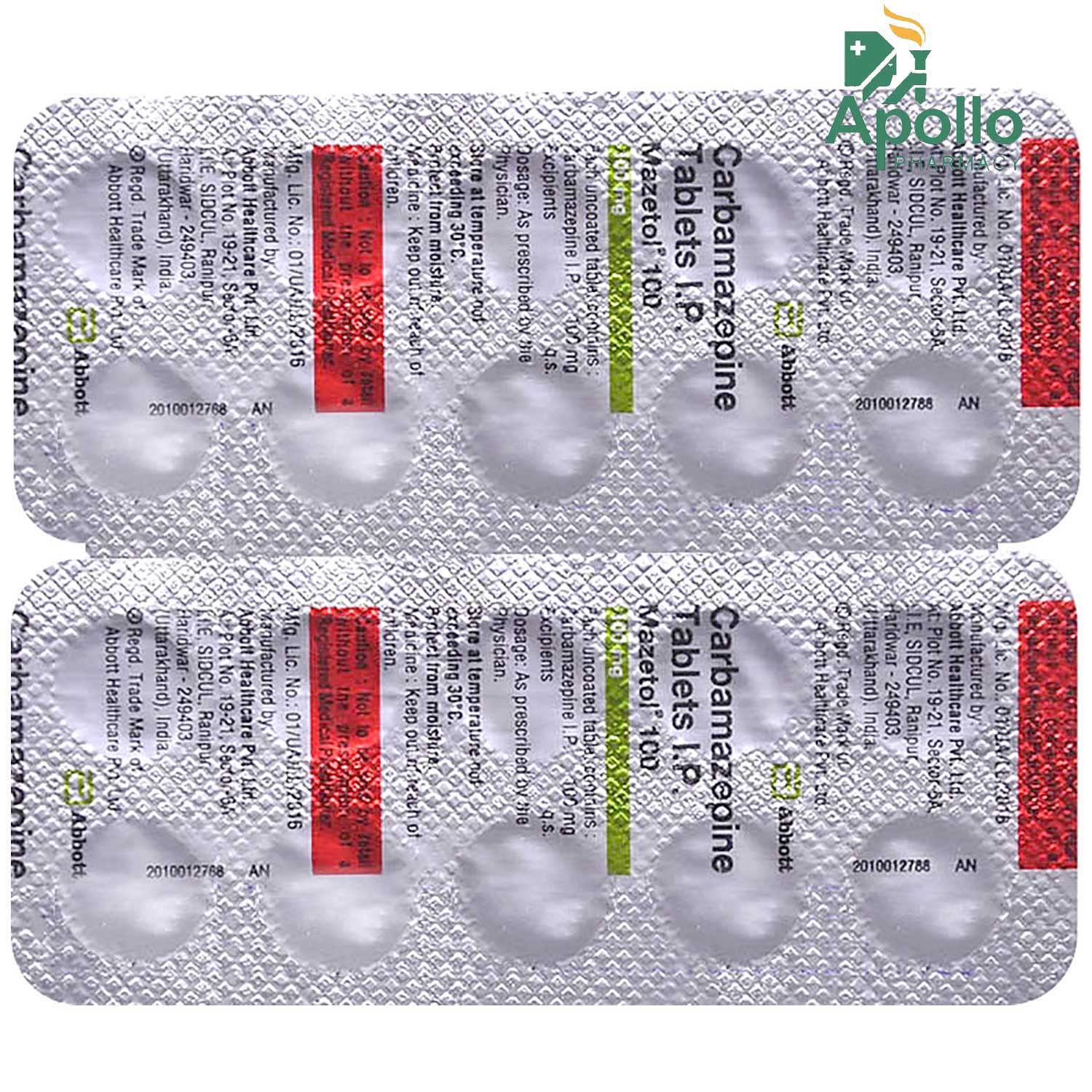
MRP ₹11
(Inclusive of all Taxes)
₹1.6 Cashback (15%)
know your delivery time
Provide Delivery Location
Composition :
Manufacturer/Marketer :
Consume Type :
Expires on or after :
Return Policy :
NPPA :

Secure Payment

Trusted by 8 Crore Indians

Genuine Products
Therapeutic Class
Country of origin
Manufacturer/Marketer address
Author Details
We provide you with authentic, trustworthy and relevant information
Disclaimer
Alcohol
Safe if prescribed
Avoid consumption of alcohol while taking MAZETOL 100MG TABLET as it may increase dizziness and sleepiness.
Pregnancy
Consult your doctor
Avoid taking MAZETOL 100MG TABLET if you are pregnant unless prescribed by a doctor as it could lead to serious birth defects. Please consult your doctor if you have any concerns regarding this, your doctor will prescribe only if the benefits outweigh the risks.
Breast Feeding
Consult your doctor
It is safe to take MAZETOL 100MG TABLET while breastfeeding. However, consult your doctor immediately if you think that the baby is having side-effects like excessive sleepiness, skin reactions or yellowing of skin or eyes.
Driving
Safe if prescribed
MAZETOL 100MG TABLET causes drowsiness, sleepiness and tiredness. Do not drive or operate machinery unless you are alert.
Liver
Consult your doctor
Dose adjustment may be needed in patients with liver impairment. Please consult your doctor if you have a liver impairment or any concerns regarding this.
Kidney
Consult your doctor
Dose adjustment may be needed in patients with kidney impairment. Please consult your doctor if you have kidney impairment or any concerns regarding this.
Children
Safe if prescribed
MAZETOL 100MG TABLET can be given to children above 6years if prescribed by the doctor. The dose will be adjusted by the doctor depending upon the child's body weight.
Product Substitutes
About MAZETOL 100MG TABLET
MAZETOL 100MG TABLET belongs to a group of medicines called anticonvulsants or anti-epileptics used to treat epilepsy (fits) and trigeminal neuralgia (pain in the face's nerves). Epilepsy is a neurological disorder in which there is a sudden rush of electric impulses (electric activity) in the brain. As a result, the brain's electrical rhythms become imbalanced, resulting in recurrent episodes of seizures or fits. Trigeminal neuralgia is a condition which affects the trigeminal nerve that carries sensations from the face to the brain.
MAZETOL 100MG TABLET contains 'Carbamazepine' that reduces the electrical impulses and subsequent firing of the nerve impulses that cause fits. Thus, MAZETOL 100MG TABLET decreases the excessive and abnormal nerve activity in the brain, thereby controlling seizures.
You are advised to take MAZETOL 100MG TABLET for as long as your doctor has prescribed it for you depending on your medical condition. In some cases, you may experience certain common side-effects such as dizziness, tiredness, uncontrolled movements, nausea, headache, changes in liver enzymes or low white blood cells count, and minor skin reactions. Most of these side-effects do not require medical attention and will resolve gradually over time. However, you are advised to talk to your doctor if you experience these side-effects persistently.
To treat your condition effectually, continue taking MAZETOL 100MG TABLET for as long as your doctor has prescribed. Please do not stop taking MAZETOL 100MG TABLET without consulting your doctor to avoid worsening of seizures. Do not take MAZETOL 100MG TABLET if you are pregnant or planning for pregnancy unless prescribed by the doctor as it could lead to serious congenital disabilities. It is safe to take MAZETOL 100MG TABLET while breastfeeding; however, consult your doctor immediately if you think that the baby is having side-effects like excessive sleepiness, skin reactions or yellowing of skin or eyes. MAZETOL 100MG TABLET causes drowsiness and dizziness, so drive only if you are alert. MAZETOL 100MG TABLET should not be given to children unless prescribed. Avoid consuming alcohol along with MAZETOL 100MG TABLET as it could lead to increased dizziness and sleepiness. Consult your doctor immediately if you experience suicidal tendencies. Keep your doctor informed about your health condition and medicines to rule out any side-effects.
Uses of MAZETOL 100MG TABLET
Medicinal Benefits Mweb
Key Benefits
MAZETOL 100MG TABLET belongs to a group of medicines called anti-convulsants or anti-epileptics used to treat epilepsy and trigeminal neuralgia (face nerve pain). MAZETOL 100MG TABLET works by reducing the electrical impulses and subsequent firing of the nerve impulses that cause fits. MAZETOL 100MG TABLET decreases the excessive and abnormal nerve activity in the brain, thereby helping in controlling seizures. MAZETOL 100MG TABLET is also used to relieve nerve pain associated with trigeminal neuralgia. People with glossopharyngeal neuralgia may also experience benefit with MAZETOL 100MG TABLET. MAZETOL 100MG TABLET is not associated with any psychological or physical dependence, and there is no potential for abuse.
Directions for Use
Side Effects of MAZETOL 100MG TABLET
- Dizziness
- Tiredness
- Uncontrolled movements
- Nausea
- Headache
- Changes in liver enzymes
- Low white blood cells count
- Minor skin reactions
Drug Warnings
Do not take MAZETOL 100MG TABLET if you are allergic to 'Carbamezapine' or any of its contents, have serious heart problems, blood illnesses, bone marrow problems, hypothyroidism, glaucoma, urinary retention, osteoporosis or taking anti-depressants called monoamine oxidase inhibitors (MAO's) within the last 14 days or taking herbal preparations containing St. John's wort as an antidepressant. Inform the doctor if you have low sodium levels in the blood or take medicines that could lower the blood's sodium levels, or using hormonal contraceptives. Do not stop taking MAZETOL 100MG TABLET without consulting your doctor to avoid worsening of seizures episodes. Do not take MAZETOL 100MG TABLET if you are pregnant unless prescribed by the doctor as MAZETOL 100MG TABLET might cause serious congenital disabilities. It is safe to take MAZETOL 100MG TABLET while breastfeeding; however, consult your doctor immediately if you think that the baby is having side-effects like excessive sleepiness, skin reactions or yellowing of skin or eyes. MAZETOL 100MG TABLET causes drowsiness and dizziness, so drive only if you are alert. MAZETOL 100MG TABLET should not be given to people less than 18 years of age until and unless prescribed by the doctor. Avoid consuming alcohol along with MAZETOL 100MG TABLET as it could lead to increased dizziness and sleepiness. Consult your doctor immediately if you experience suicidal tendencies or mood swings.
Drug-Drug Interactions
Drug-Drug Interactions
Login/Sign Up
When Daclatasvir is taken with Mazetol 100mg Tablet, it may decrease the blood levels of Daclatasvir, which may make Daclatasvir less effective in treating your Hepatitis C.
How to manage the interaction:
Taking Daclatasvir with Mazetol 100mg Tablet is not recommended, but it can be taken if prescribed by the doctor. However, if you experience any unusual symptoms, consult the doctor. Do not discontinue any medications without a doctor's advice.
When Nimodipine is taken with Mazetol 100mg Tablet, it may decrease the blood levels of Nimodipine, which may make Nimodipine less effective in treating your condition.
How to manage the interaction:
Taking Nimodipine with Mazetol 100mg Tablet is not recommended, but it can be taken if prescribed by the doctor. However, if you experience any unusual symptoms, consult the doctor. Do not discontinue any medications without a doctor's advice.
When Mazetol 100mg Tablet and Isavuconazole are taken together, Mazetol 100mg Tablet will reduce the effectiveness of the Isavuconazole.
How to manage the interaction:
Taking Isavuconazole with Mazetol 100mg Tablet is not recommended, it can be taken if prescribed by the doctor. Do not discontinue any medications without doctor's advice.
Co-administration of lurasidone with Mazetol 100mg Tablet may result in significantly lower blood levels of lurasidone, making the medication less effective.
How to manage the interaction:
Although there is an interaction between lurasidone and Mazetol 100mg Tablet, it is not recommended that you take it unless your doctor has prescribed it. Consult a doctor if you experience any unusual symptoms. Do not discontinue any medications without consulting a doctor.
Taking Mazetol 100mg Tablet with Procarbazine may cause serotonin syndrome(a condition in which a chemical called serotonin builds up in your body).
How to manage the interaction:
Taking Mazetol 100mg Tablet with Procarbazine is generally not advised, it can be taken if prescribed by your doctor. However, if you experience symptoms such as confusion, hallucination, seizure, increased heart rate, fever, excessive sweating, shivering or shaking, blurred vision, muscle spasm or stiffness, stomach pain, nausea, vomiting, and diarrhea, consult the doctor. Do not discontinue any medications without consulting a doctor.
Taking Mazetol 100mg Tablet with Isocarboxazid can cause serotonin syndrome(a condition in which a chemical called serotonin builds up in your body).
How to manage the interaction:
Using Mazetol 100mg Tablet with Isocarboxazid is not recommended, it can be taken if prescribed by your doctor. However, if you experience symptoms such as confusion, hallucination, seizure, increased heart rate, fever, excessive sweating, shivering or shaking, blurred vision, muscle spasm or stiffness, stomach pain, nausea, vomiting, and diarrhea, consult the doctor. Do not discontinue any medications without consulting a doctor.
Taking Mazetol 100mg Tablet with Moclobemide can increase the risk and severity of side effects.
How to manage the interaction:
Using Mazetol 100mg Tablet with Moclobemide is not recommended, it can be taken if recommended by a doctor. However, if you experience any unusual symptoms, consult the doctor. Do not discontinue any medications without a doctor's advice.
Using Mazetol 100mg Tablet together with efavirenz may reduce the effect of Mazetol 100mg Tablet.
How to manage the interaction:
Taking Efavirenz with Mazetol 100mg Tablet can result in an interaction, it can be taken if your doctor has advised it. However, if you experience any unusual symptoms contact your doctor immediately. Do not stop using any medications without talking to a doctor.
Taking Pirfenidone with Mazetol 100mg Tablet it reduces the levels and effects of Pirfenidone.
How to manage the interaction:
Taking Pirfenidone with Mazetol 100mg Tablet is not recommended but can be taken if prescribed by the doctor. However, if you experience any unusual symptoms contact a doctor immediately. Do not stop using any medications without talking to a doctor.
Using Voriconazole together with Mazetol 100mg Tablet may significantly reduce the blood levels of voriconazole.
How to manage the interaction:
Taking Mazetol 100mg Tablet with Voriconazole is not recommended, but it can be taken if prescribed by a doctor. However, if you experience any unusual symptoms contact a doctor immediately. Do not stop using any medications without talking to a doctor.
Drug-Food Interactions
Drug-Food Interactions
Login/Sign Up
Grapefruit, Grapefruit Juice, St. John’S Wort
How to manage the interaction:
Avoid grapefruit as increases the levels of Mazetol 100mg Tablet in the body. Exercise caution with St. John's Wort as it may reduce its serum concentration thereby reducing the efficacy. Avoid consumption of grapefruit and St. John's wort when on treatment with Mazetol 100mg Tablet as they alter the efficacy of the drug.
Drug-Diseases Interactions
Drug-Diseases Interactions
Login/Sign Up
Drug-Drug Interactions Checker List
- ARIPIPRAZOLE
- QUETIAPINE
- ALPRAZOLAM
- AMITRIPTYLINE
- DULOXETINE
- SERTRALINE
- FLUOXETINE
- ERYTHROMYCIN
- CODEINE
- OXYCODONE
- ACETAMINOPHEN
- TRAMADOL
- GABAPENTIN
- LAMOTRIGINE
- PREGABALIN
- PHENYTOIN
- TOPIRAMATE
- LEVOTHYROXINE SODIUM
- LITHIUM
- MELATONIN
- WARFARIN
- DIPHENHYDRAMINE
- CHOLECALCIFEROL
Habit Forming
Special Advise
- Regular monitoring of sodium levels while taking MAZETOL 100MG TABLET is advised to prevent hyponatremia.
- Prolonged intake of MAZETOL 100MG TABLET can cause severe skin reactions called Stevens Johnsons syndrome (SJS) and toxic epidermal necrolysis (TEN). So in case you have any skin blister or rash immediately contact a doctor.
- MAZETOL 100MG TABLET may cause low blood cell count, so if you have any red or purple spots on the body, let your doctor know about this.
Diet & Lifestyle Advise
- A ketogenic diet (low in carbohydrates and high in fats) is recommended for children with epilepsy. This diet helps in utilizing fat instead of glucose for the generation of energy.
- Atkins diet (high fat and controlled carbohydrates) is recommended for adolescents and adults.
- Rest well, get plenty of sleep.
- Avoid smoking and alcohol consumption.
- Exercise, meditation and yoga can help lower the stress, decrease pain sensitivity and improves coping skills.
- Prepare your living area; small changes may reduce the risk of physical injury during a seizure.
- Install an alarm or emergency device to get assistance during a seizure attack.
All Substitutes & Brand Comparisons
RX
Out of StockZepcar 100mg Tablet DT
Alkem Laboratories Ltd
₹6.16
(₹0.55 per unit)
44% CHEAPERRX
Out of StockMezocar LA 100mg Tablet
Pulse Pharmaceuticals
₹6.72
(₹0.61 per unit)
38% CHEAPERRX
Out of StockCarbatol 100 mg Tablet 10's
Torrent Pharmaceuticals Ltd
₹7.14
(₹0.64 per unit)
35% CHEAPER

Have a query?
Buy best C.n.s Drugs products by
Intas Pharmaceuticals Ltd
Sun Pharmaceutical Industries Ltd
Torrent Pharmaceuticals Ltd
Alkem Laboratories Ltd
Abbott India Ltd
Cipla Ltd
Alteus Biogenics Pvt Ltd
Micro Labs Ltd
Lupin Ltd
Ipca Laboratories Ltd
D D Pharmaceuticals Pvt Ltd
Icon Life Sciences
Mankind Pharma Pvt Ltd
Tripada Healthcare Pvt Ltd
Arinna Lifesciences Ltd
Linux Laboratories Pvt Ltd
East West Pharma India Pvt Ltd
La Renon Healthcare Pvt Ltd
Talent India Pvt Ltd
Tas Med India Pvt Ltd
Zydus Healthcare Ltd
Cnx Health Care Pvt Ltd
Eris Life Sciences Ltd
Leeford Healthcare Ltd
Emcure Pharmaceuticals Ltd
Macleods Pharmaceuticals Ltd
Sigmund Promedica
Aristo Pharmaceuticals Pvt Ltd
Dr Reddy's Laboratories Ltd
Troikaa Pharmaceuticals Ltd
Consern Pharma Ltd
Zydus Cadila
Shine Pharmaceuticals Ltd
Wockhardt Ltd
Ardent Life Sciences Pvt Ltd
Crescent Formulations Pvt Ltd
Theo Pharma Pvt Ltd
Reliance Formulation Pvt Ltd
Ikon Pharmaceuticals Pvt Ltd
Propel Healthcare
Neon Laboratories Ltd
Jagsam Pharma
Msn Laboratories Pvt Ltd
Morepen Laboratories Ltd
Pulse Pharmaceuticals
Sanofi India Ltd
Med Manor Organics Pvt Ltd
Hetero Healthcare Pvt Ltd
Novartis India Ltd
Crescent Therapeutics Ltd
Elder Pharmaceuticals Ltd
Solvate Laboratories Pvt Ltd
Akumentis Healthcare Ltd
Mova Pharmaceutical Pvt Ltd
Psyco Remedies Ltd
Tripada Lifecare Pvt Ltd
Ajanta Pharma Ltd
Cyrus Remedies Pvt Ltd
Medishri Healthcare Pvt Ltd
Cadila Healthcare Ltd
Glenmark Pharmaceuticals Ltd
Matteo Health Care Pvt Ltd
Hbc Life Sciences Pvt Ltd
Lyf Healthcare
Matias Healthcare Pvt Ltd
Mesmer Pharmaceuticals
Alembic Pharmaceuticals Ltd
Capital Pharma
Crescent Pharmaceuticals
Medopharm Pvt Ltd
Alniche Life Sciences Pvt Ltd
Kivi Labs Ltd
Talin Remedies Pvt Ltd
USV Pvt Ltd
Quince Lifesciences Pvt Ltd
Solis Pharmaceuticals
Infivis Life Care
Zuventus Healthcare Ltd
Cadila Pharmaceuticals Ltd
Pfizer Ltd
Wallace Pharmaceuticals Pvt Ltd
A N Pharmacia Laboratories Pvt Ltd
Blue Cross Laboratories Pvt Ltd
Jenburkt Pharmaceuticals Ltd
Lia Life Sciences Pvt Ltd
Mano Pharma
Medley Pharmaceuticals Ltd
Primus Remedies Pvt Ltd
FDC Ltd
Maneesh Pharmaceuticals Ltd
Apex Laboratories Pvt Ltd
Gagnant Healthcare Pvt Ltd
Ozone Pharmaceuticals Ltd
RPG Life Sciences Ltd
Strides Shasun Ltd
Unichem International
GlaxoSmithKline Pharmaceuticals Ltd
Kuresys Labs Pvt Ltd
LA Pharma
Trion Pharma India Llp

_0.jpg?tr=q-85)




